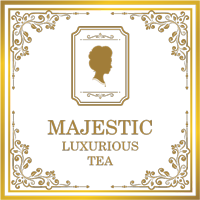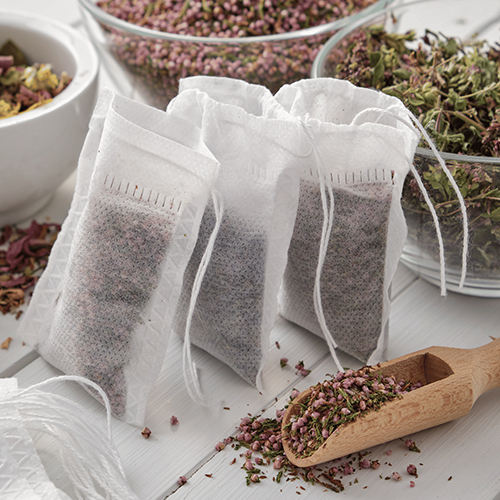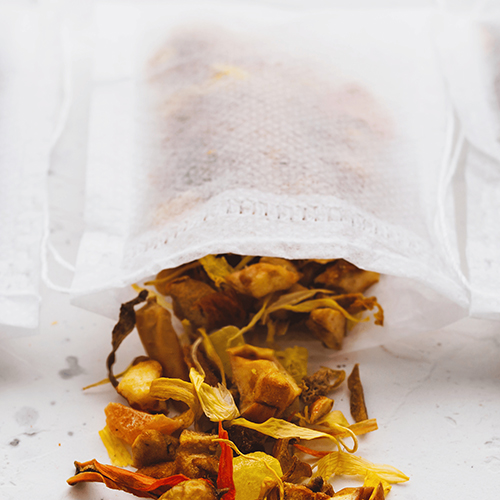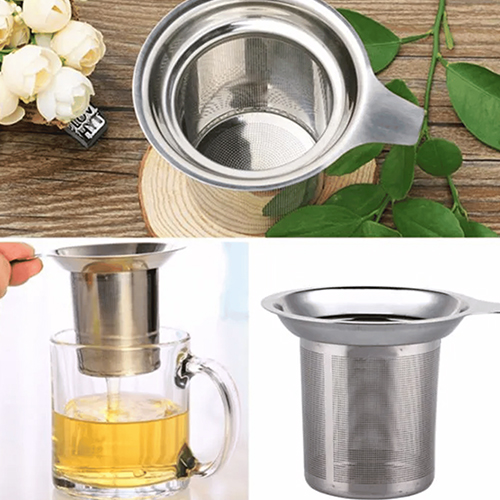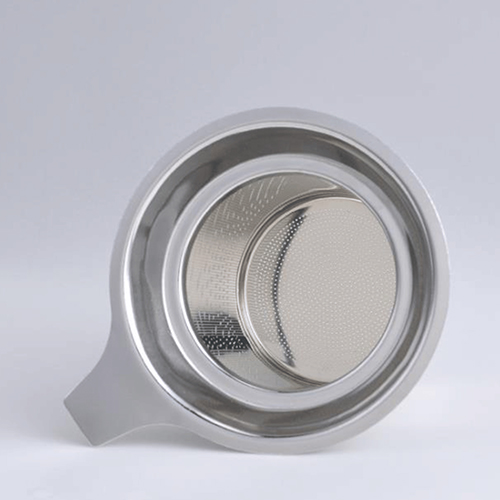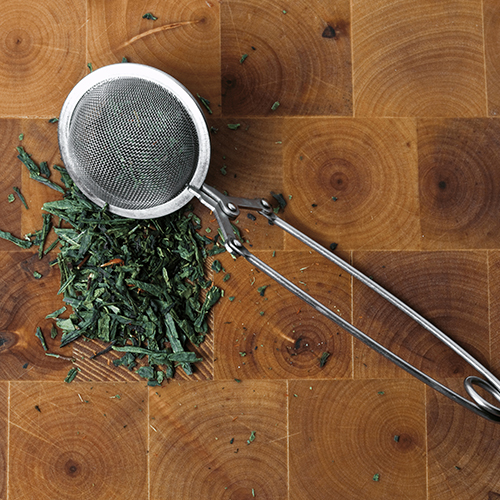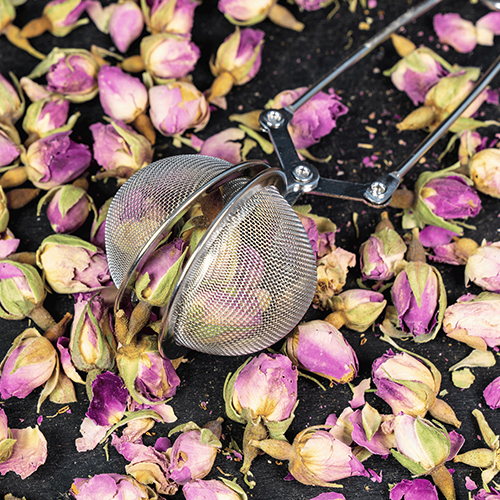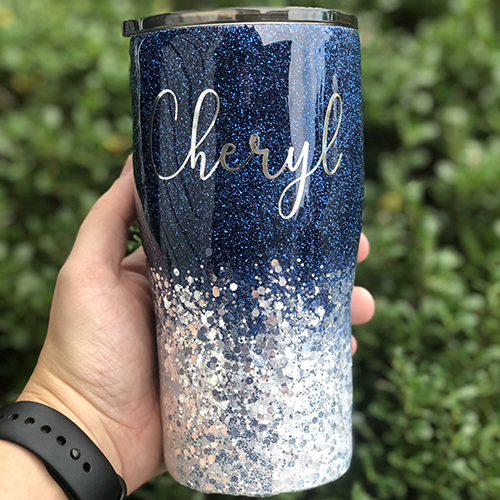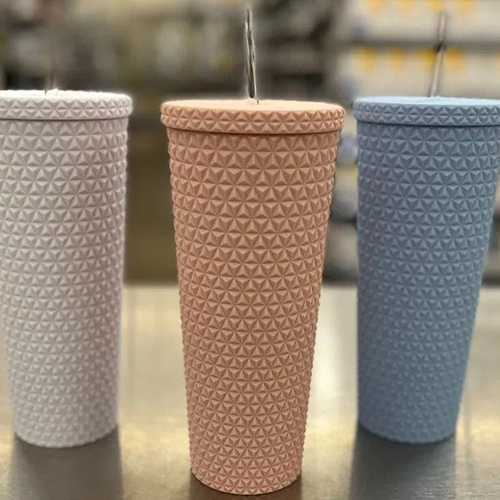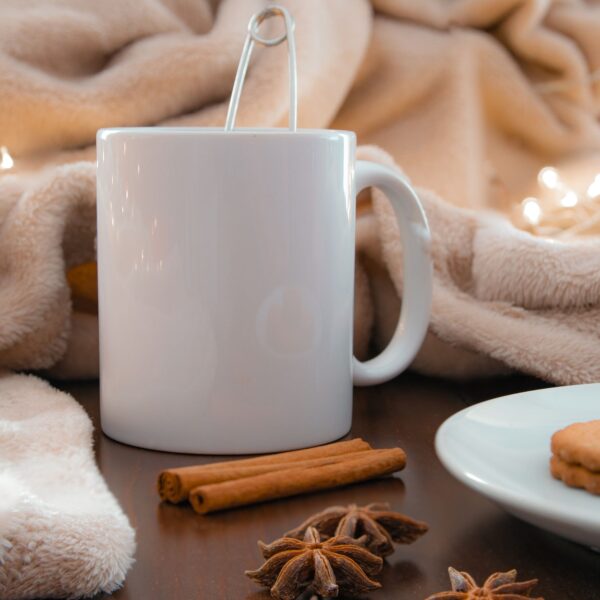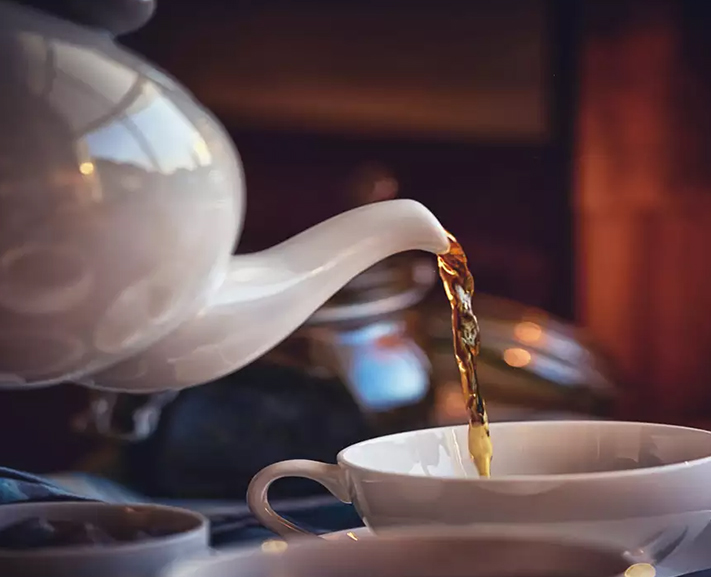There is something surely special about drinking a hot cup of tea, making it amongst the most widely consumed beverages in the world. Nothing is more soothing than a cup of hot tea after a long day at the office or when you are feeling exhausted. Tea is more than simply a drink; it is a traditional practice embraced by people all over the world. It is calming, refreshing and has various health benefits. However with so much popularity comes several misconceptions based around the effects of drinking certain herbal teas. Today we will debunk six Myths about Herbal Tea:
Green tea helps burn fat
Although green tea is not technically an herbal tea, this has become a widespread myth! Many articles have been published about the amazing features of green tea that can assist you in losing weight quickly, but this is not exactly accurate. According to these studies, green tea has stimulants that would boost your metabolic activity. While green tea can improve your metabolic activity, it is ineffective to burn fat by itself. If you’re trying to shed weight, start by softly exercising for half an hour a day while also try replacing the sugary soft drinks with a cup of herbal teas
Tea causes dehydration
This myth likely originated from the same place as the caffeine dehydration myth, as people assumed that the caffeine intake is more dehydrating than it actually is. Although coffee has a few dehydrating effects, you need to drink it in extremely large quantities for it to dehydrate you. In reality, drinks containing caffeine, such as tea, contain far more water than caffeine, neutralizing any dehydrating effects. You can consume as much tea as you wish without feeling dehydrated.
Adding milk is harmful in tea
This is a relatively common one and is really just a myth. Adding milk to any type of tea will not remove from its healing properties. Milk provides calcium, which is beneficial for the bones. By adding milk, you get a little supplementary calcium, and if you put sugar in your tea, it has a number of amazing benefits too. This does not mean that should add milk and sugar to every tea; many teas, including green tea and maybe most herbal teas, taste better without it.
Teas do not expire
Although tea could last a long time, it does not last as much as you could expect. Loose-leaf tea has a shelf life between six to twelve months in the cupboard and between one and two years if stored in the freezer. Herbal infusions have a shelf life of 1 to 2 years.
Hot tea is better than iced-tea
Drinking iced tea can be as beneficial as drinking hot tea, but you do have to consume additional iced tea to receive the same benefits as hot tea, as the ice ends up diluting the tea and reduces the amount of antioxidants and nutrients per cup of tea.
Herbal tea combats cancer
This is among the most widely acknowledged misconceptions. Green tea has been researched quite extensively by experts and has been established to provide the human body with nutrition to boost cellular functions. According to research, tea may help to delay cancer development and lower cancer rates. However, Medical science does not support any claim that tea could treat cancer.
